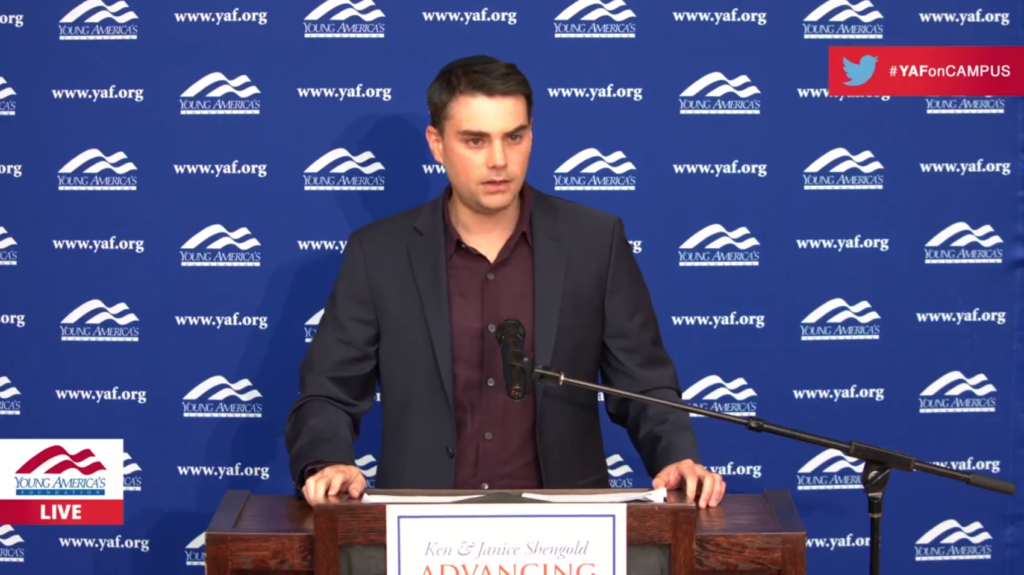
Worries about the safety of children as they travel to and from school has led to two new laws that go into effect Jan. 1 in Tennessee.
But state leaders also fear college students have been overly protected, a situation they’ve also decided to address with a new law.
They’re among the measures that take effect as the calendar turns the page to 2018. Jan. 1 is one of the two dates Tennessee lawmakers typically choose for legislation to take effect.
Perhaps the most controversial is the so-called
Campus Free Speech Protection Act. The law spells out the rules public universities in Tennessee must follow when dealing with campus speakers and protests.
The measure was originally dubbed ”
the Milo bill,” after the inflammatory alt-right figure whose
February appearance at the University of California-Berkeley inspired it. Milo Yiannopoulos fell out of favor with conservatives soon afterward, when remarks surfaced of him praising relationships between grown men and underage boys. But groups such as the
American Legislative Exchange Council have made such measures a priority recently, responding to the frequent conservative complaint that universities are slanted against them. Many on the political right have taken to mocking campuses as “safe spaces.”
So now colleges in Tennessee won’t be able to bar speakers or restrict them to certain areas — not even if administrators find their ideas “offensive, unwise, immoral, indecent, disagreeable, conservative, liberal, traditional, radical, or wrong-headed.” The law also bars schools from withholding activity fees from groups based on their ideology.
Campuses have largely acceded to the new rules without a fight. In October, a conservative student group at the University of Tennessee-Knoxville hosted conservative speaker Ben Shapiro with
minimal protests and no violence. He was introduced by the school’s vice chancellor of student life.
Back in the lower grades, traffic safety seems to be the priority. One new measure imposes a $50 fine for talking on a cell phone while driving in a school zone. Hands-free devices are allowed, unless the driver is under 18.
And the state is stepping up requirements for school bus drivers. According to a new law, they’ll have to be at least 25 years old and had a license for at least five years before taking the wheel of a school bus. Drivers also have to complete a training program. The changes come in response to the
November 2016 school bus crash in Chattanooga that killed six children.
Other measures that take effect Jan. 1 include expanding the ”
Tennessee Zero to Three” court initiative. The program, which is already in place in Nashville and Grundy County, seeks to speed up the process of finding permanent homes for children under 3 years old placed in foster care.
The state is also waiving the requirement that service personnel who’ve passed small-arms or combat-pistol training show the state of Tennessee their proficiency on the firing range before obtaining a handgun carry permit. As of Jan. 1, they will have to go through only the classroom training.
The complete list of laws that go into effect Jan. 1 can be found
here on the Tennessee General Assembly website.


